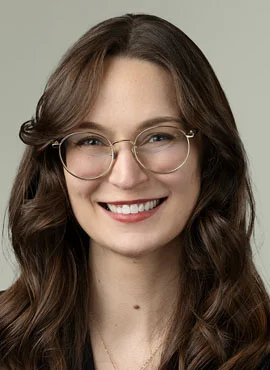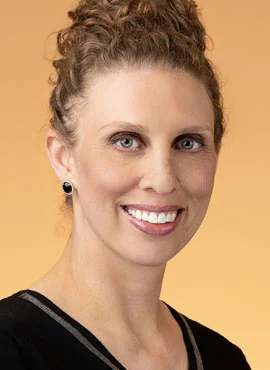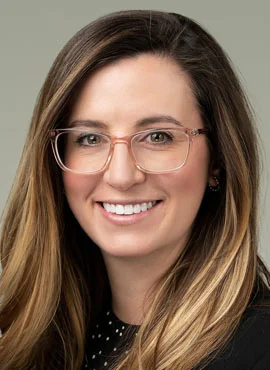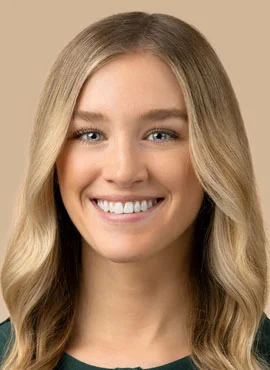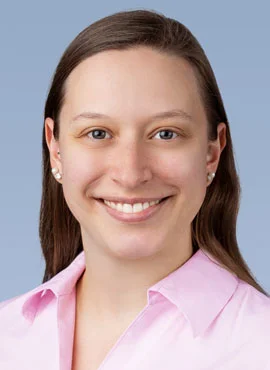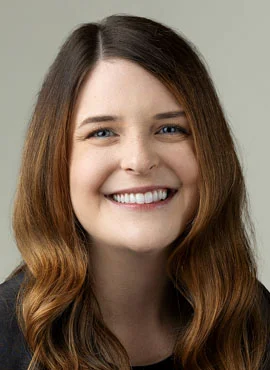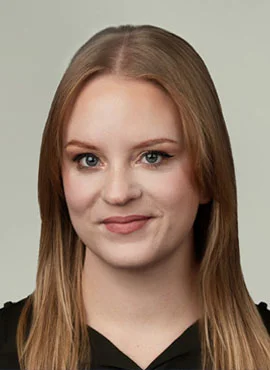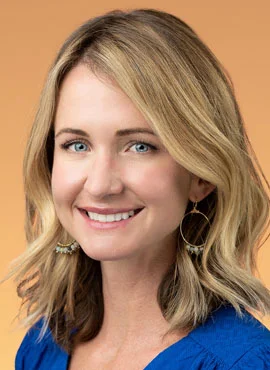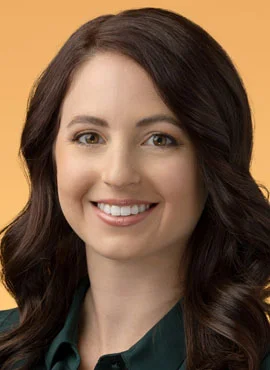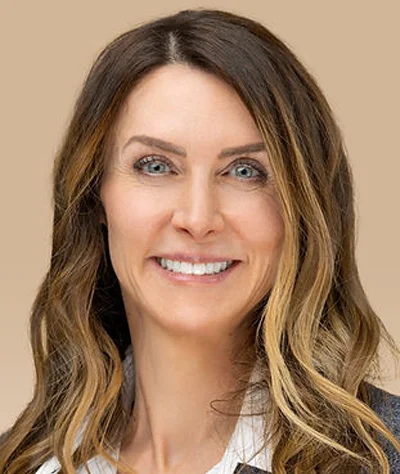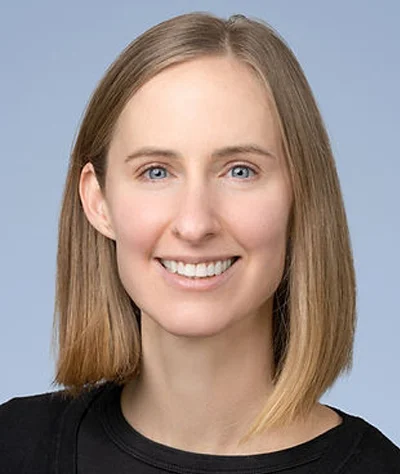Female Gastro
Services
Gastroenterology for Women
Female GI Specialists at GI of the Rockies
Finding female gastroenterologists may feel like a daunting task. At GI of the Rockies, we hear this from patients often. We understand. That’s why we offer a team of trusted female GI specialists to meet your needs as a female who wants to better understand gastrointestinal disease from a woman’s perspective.
Read provider bios below before scheduling your next appointment. Still need more info? Review their Google rankings to see what patients have to say about our outstanding team of female GI specialists at Gastroenterology of the Rockies. This team is led by Dr. Kelly Zucker, board-certified gastroenterologist.
Our team of female GI specialists are conveniently located along the Front Range at our seven gastroenterology clinics.
“Women often have chronic gastrointestinal symptoms and aypical presentations of disease. Colorectal cancer is the third leading cause of cancer in women, and screening starts at 45! Colonoscopies can cure cancer before it starts – Get screened today!.” – Kelly Zucker, DO
Meet Dr. Kelly Zucker
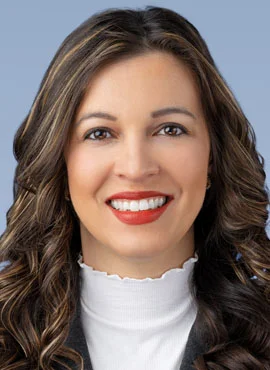 Gastroenterology of the Rockies is helping women in our Boulder and Denver communities learn the facts about colorectal cancer and the benefits of screening.
Gastroenterology of the Rockies is helping women in our Boulder and Denver communities learn the facts about colorectal cancer and the benefits of screening.
Colorectal cancer – colon or rectal cancer – is one of the top three cancer killers among women, with only lung and breast killing more. This year, colorectal cancer will take the lives of an estimated 25,000 U.S. women. Sadly, of the nearly 65,000 women being newly diagnosed in 2009, only about a third of them will be diagnosed in the early stages of colorectal cancer, when the disease is highly curable. Despite these alarming numbers, many women aren’t concerned about colorectal cancer. They underestimate their risk of developing the disease. We are hoping you will remember a few basic truths about colorectal cancer – truths that may one day help save your life or the life of a woman you love.
Truths
1. “Preventing Colorectal Cancer is easier than you think.”
Colorectal cancer is one of the few cancers that can actually be prevented by proper screenings. In early screenings, doctors can catch polyps, the first signs of the disease, and then remove them before they become cancerous.
2. “Colon Cancer screenings can significantly reduce the risk of death from colorectal cancer.”
Generally, the later the cancer is discovered, the worse it is. If diagnosed early, it is nearly 90% curable. Once it has spread to lymph nodes, the five-year survival rate goes down to 65%. If it has already spread to other parts of the body, the five-year survival rate is only 9%.
3. “Even if you feel fine, you should have a screening.”
The problem with colorectal cancer is that if you have symptoms, the cancer is already at an advanced stage. In it’s earliest, most curable stages, there aren’t any symptoms.
4. “You should have a colonoscopy – the best test for colorectal cancer – starting at age 45.”
The American Cancer Society recommends a colonoscopy for average risk women – that is, any woman over 45 – every 10 years starting at age 45. Women with a family history of colorectal cancer or colorectal health problems should start screening at age 40 or younger.
5. “Even women get colorectal cancer.”
A lot of women believe colorectal cancer affects men more than women. The truth is, colorectal cancer is just as much a woman’s concern. It strikes women nearly as often as men and at the same ages as men.
6. “Colorectal Cancer is more common than cervical or ovarian cancer.”
About 1 in every 17 women will develop colorectal cancer. By comparison, 1 in 26 women will get uterine cancer, which is screened by a Pap smear, and 1 in 55 will get ovarian cancer.
7. “The key risk factor is being 50 or older.”
The majority of women who develop colorectal cancer have no history of colorectal cancer in their family. About 70 to 80% of all cases occur in women whose only risk is being 50 or older. The remaining 20 to 30% of cases occur in women who have a family history of colorectal cancer or have other health problems, such as inflammatory bowel disease.

